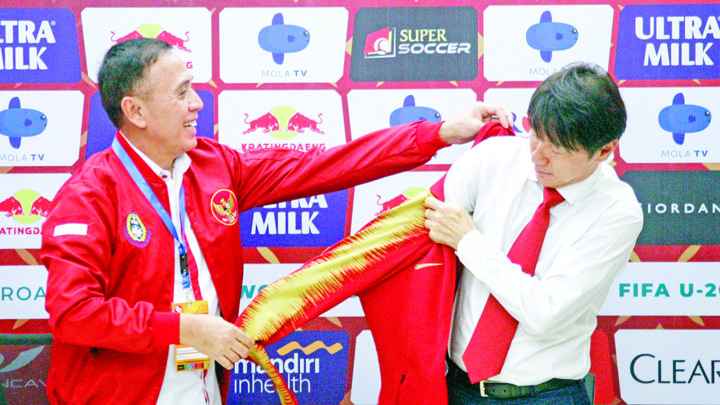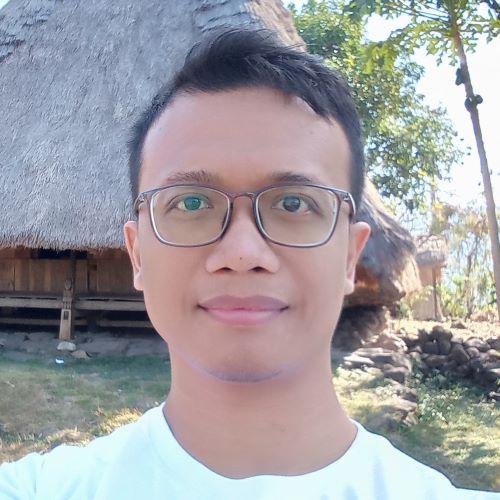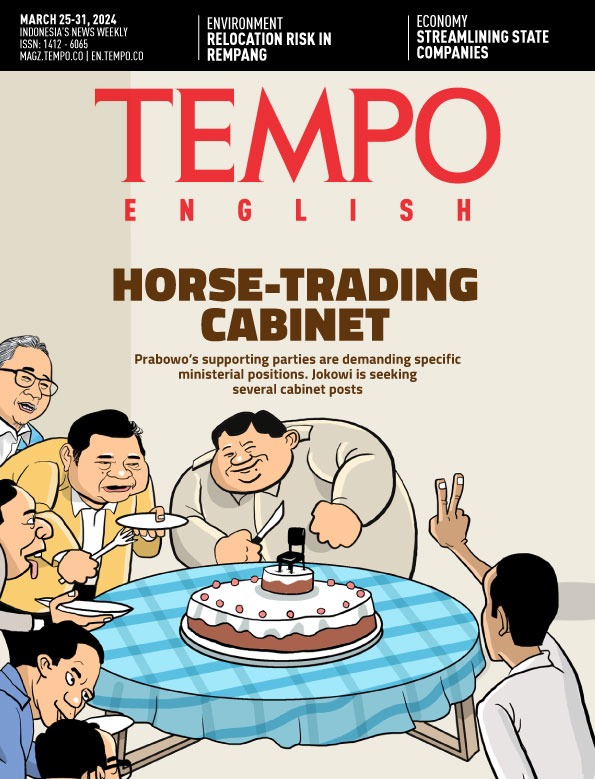Young Garuda Drama
Monday, July 20, 2020
arsip tempo : 171348983114.

U-19 national team player Beckham Putra Nugraha spent the better part of the last four months training virtually. The Covid-19 pandemic prevents him from practicing with his coach and teammates in the field like they used to do. Beckham, a player of Persib soccer club in Bandung, West Java, does aerobic and exercises his muscles, guided by coaches via Zoom teleconference app. Training takes place every morning, usually at 9am, and lasts for an ho
...
Subscribe to continue reading.
We craft news with stories.
 For the benefits of subscribing to Digital Tempo, See More
For the benefits of subscribing to Digital Tempo, See More









